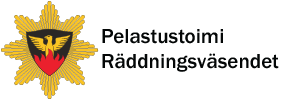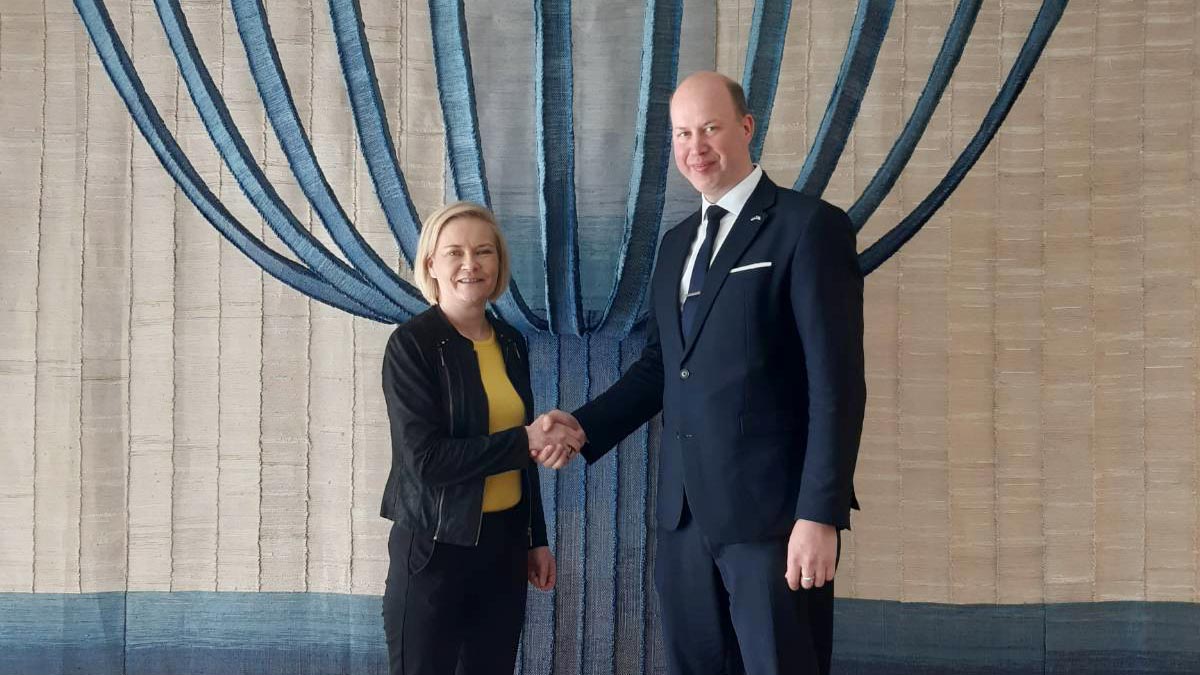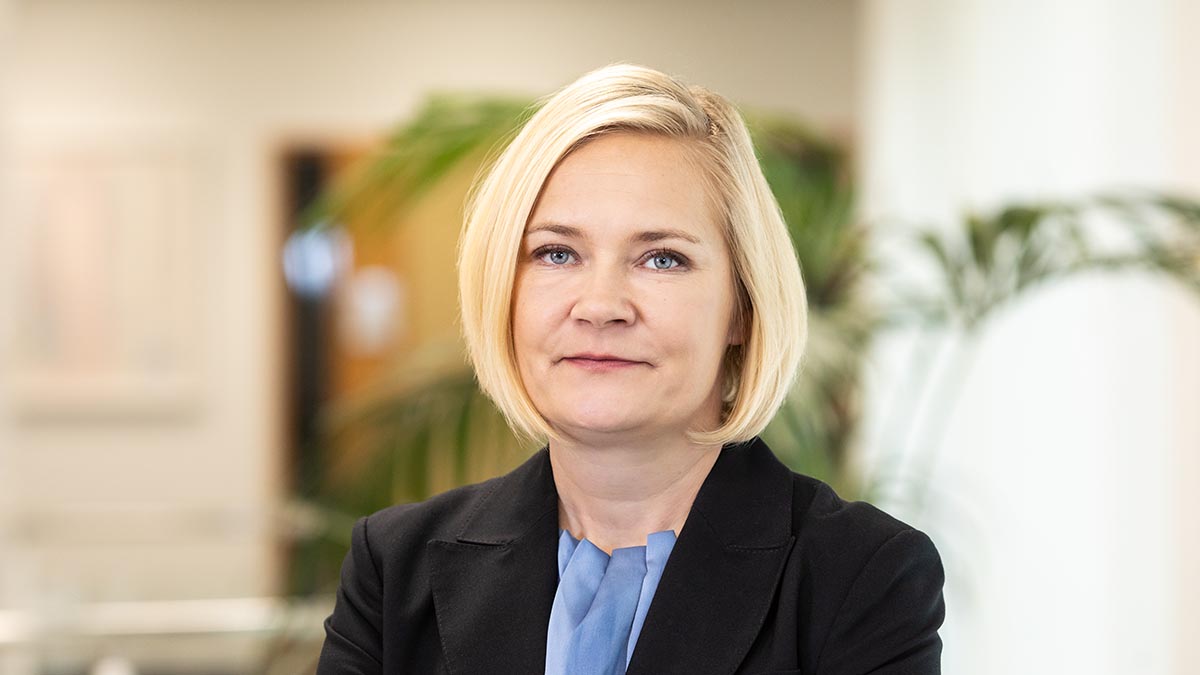
Proposal for restructuring the education and training in Finland’s rescue services and emergency response centre operations sent out for comments

The Ministry of the Interior has sent out for comments a draft proposal on the levels and system of qualifications and degree programmes in rescue services and emergency response centre operations. The draft proposal contains two alternatives for education and training in rescue services and one for education and training in emergency response centre operations. Comments on the draft will be accepted until 14 November 2022.
In the first alternative, the vocational qualification in rescue services would be converted into a university of applied sciences degree
In the first alternative for rescue services, the basic education and training would change from the current further vocational qualification to a Bachelor’s degree in universities of applied sciences. This would extend the duration of studies from the current 1.5 years to about 3.5 years. The degree would also provide eligibility for sub-officer positions. The degree for officers would become a Master’s degree in universities of applied sciences. As a result, Emergency Services Academy Finland would become a university of applied sciences.
In the Bachelor’s degree, all students would first complete common core studies, after which they would pursue a line of study in rescue services or incident and accident prevention or civil preparedness or situation centre operations. Contract fire brigade training would be taken into account in the common core studies, which would also make it possible to attend open studies in universities of applied sciences. Admissions requirements related to physical condition would still apply to those choosing the rescue operations line of study. In addition, the share of studies related to prehospital emergency medical services would grow.
In the second alternative, the vocational qualification in rescue services would correspond to a specialist vocational qualification
In the second alternative for rescue services, the further vocational qualification would change so that it would correspond to a specialist vocational qualification. In this case, the duration of studies would be approximately 2 to 3 years. In addition, a Bachelor’s degree from a university of applied sciences would qualify for sub-officer and officer positions. In this alternative, the education and training would still be organised by the Emergency Services Academy Finland.
Admissions requirements related to physical condition would remain unchanged, and contract fire brigade training would be taken into account in the core studies. In addition, the share of studies related to prehospital emergency medical services would grow.
Vocational qualification for emergency response centre operators would remain unchanged
It is proposed that the vocational qualification for emergency response centre operators remain in the current form of a further vocational qualification. Professional specialisation education in the field of emergency response centres would in future be required for supervisor and specialist positions, which would qualify for positions as senior emergency response centre operator and a shift supervisor.
After taking the comments into consideration, the Director General for Rescue Services will submit the final proposals for restructuring the education and training of rescue services and emergency response centre operations to the Minister of the Interior in the course of 2022. Based on the decision of the Minister of the Interior, a two-year legislative project on education and training (Ministry of the Interior) and an implementation project (Emergency Services Academy Finland) will be launched.
Inquiries:
Susanna Sankala, Project Manager, tel. +358 295 488 333, susanna.sankala@govsec.fi
Mirva Kahlos, Senior Officer for Rescue Services, tel. +358 295 488 434, mirva.kahlos@govsec.fi
Janne Koivukoski, Deputy Director General for Rescue Services, tel. +358 295 488 420, janne.koivukoski@govsec.fi
The latest
 Press release
Press release
 Press release
Press release
 Press release
Press release
 Press release
Press release
 Press release
Press release


